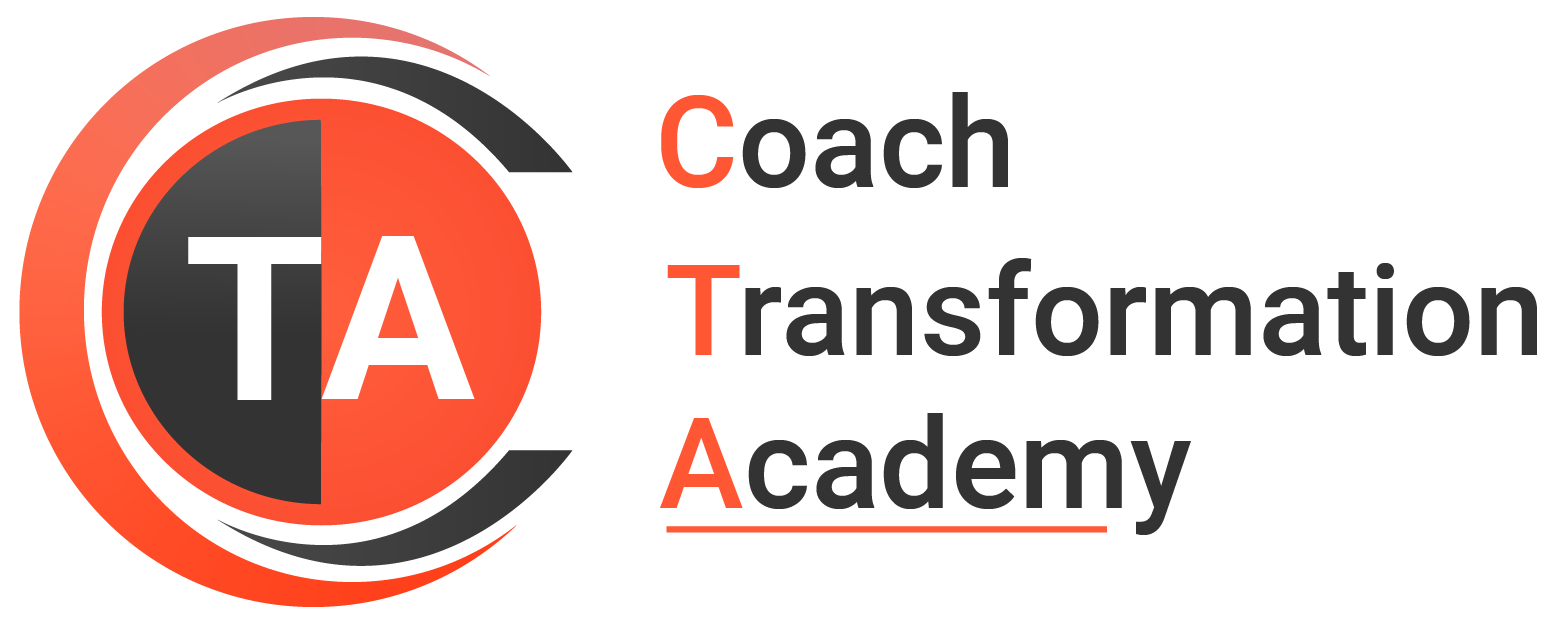We have started our journey learning about what coaching is and how it is different from mentoring, counseling, and training. Coaching is the partnership between the coach and the coachee. It is a forward-thinking process focusing more o the future. Both of them are equal. The role of the coach is to walk the coachee through the process through an innovative process. It is helping the coachee finding the answers to his or her questions and challenges. Mentoring requires subject matter expertise as the mentee is expecting the mentor to tell and advise. Counseling, it is more about the past. Talking and learning from past experiences. Training is a very structured knowledge transfer mechanism where the trainer’s role is to explain the content for the learners and ensure understanding and learning outcomes.
I have learned as well some of the ground roles around coaching. It is very critical to create a psychologically safe space between the coach and the coachee. This is important to help the coachee to open up as the coaching session may touch some of the dark sides for the person. Trust is a huge element during the coaching relationship that needs to happen. Without trust, the relationship cannot be built. So the coach has to establish this trusting relation. Another important element is to keep a sense of pride and dignity. The coach’s role is not to judge the coachee. The coach’s purpose is to help the coachee to navigate through the process. The coach may get exposed to coachee personal life or real challenges or things the coachee is ashamed of doing, so no judgment at all.
Speaking of the coaching process, the coach has to pay a lot of attention in the first discovery session. This is where the coach will be assessing the coachability of the coachee. The importance of assessing this is to ensure the effectiveness of the coaching. If the coachee is not coachable, no matter how great the coach is, not much progress will happen. During the discovery session, it is recommended to talk a bit about what coaching is and what is not coaching, so this will help to set the expectations between both parties. The coach may decide during this first session, not to continue the relationship. This could be due to our different reasons, such as the coachee being non-coachable. If the coachee needs coaching in something again, the coach value or the coachee issue is beyond coaching. It requires other interventions.
A coach’s role is to ensure walking the coachee through the different coaching stages to reach out to the selected outcome. It is important to start with making the coachee aware of what exactly his or her issue is. The coachee normally comes with unclarity, so a great coach is there to bring this clarity. The coach has to help the coachee come up with his options and develop his or her action plan.
As coaching is about getting better, so no wonder, progress, and accountability are key competencies. The coach should ensure holding the client accountable for results and taking actions on the agreed action plan.
I also learned about the different coaching certification and the requirements for each one in terms of learning and applied coaching hours.




